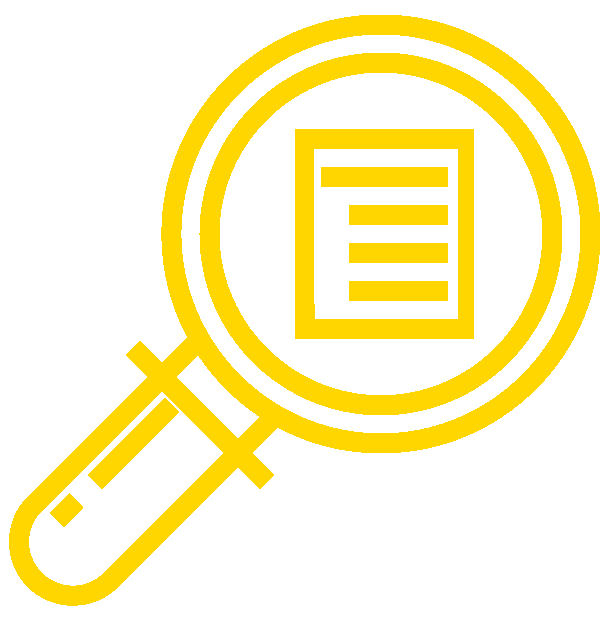
The content, assignments, and assessments for Lifespan Development are aligned to the following learning outcomes. A full list of course learning outcomes can be viewed here: Lifespan Development Learning Outcomes.
Module 1: Lifespan Development
Explain the primary topics of lifespan development and how research is conducted in the field
- Define human development and identify the stages of human development
- Explain the lifespan perspective
- Examine how to do research in lifespan development
Module 2: Developmental Theories
Describe the major developmental theories in lifespan development
- Use psychodynamic theories (like those from Freud and Erikson) to explain development
- Explain key principles of behaviorism and cognitive psychology
- Describe the humanistic, contextual, and evolutionary perspectives of development
Module 3: Prenatal Development
Describe the prenatal development process, including genetics, from the moment of conception through delivery
- Explain the role of genetics in prenatal development
- Explain the main stages of prenatal development
- Describe approaches to childbirth and the labor and delivery process
Module 4: Infancy
Describe human development during infancy
- Describe physical growth and development in infants and toddlers
- Explain cognitive development in infants and toddlers
- Explain emotional and social development during infancy
Module 5: Early Childhood
Describe development during early childhood
- Describe physical changes in early childhood
- Explain cognitive changes in early childhood
- Describe key emotional and social developments of early childhood
Module 6: Middle Childhood
Describe development during middle childhood
- Describe physical development during middle childhood
- Explain changes and advances in cognitive development during middle childhood
- Examine common learning disabilities and other factors related to education during middle childhood
- Explain emotional, social, and moral development during middle childhood
Module 7: Adolescence
Describe the physical, cognitive, emotional, and social changes that occur during adolescence
- Describe the physical changes that occur during puberty and adolescence
- Describe changes in cognitive development and moral reasoning during adolescence
- Describe adolescent identity development and social influences on development
Module 8: Early Adulthood
Describe developmental changes during early adulthood
- Explain developmental tasks and physical changes during early adulthood
- Explain cognitive development in early adulthood
- Explain theories and perspectives on psychosocial development
- Examine relationships in early adulthood
Module 9: Middle Adulthood
Describe development during middle adulthood
- Explain the physiological changes during middle adulthood and their physical and psychological consequences
- Describe cognitive and neurological changes during middle adulthood
- Analyze emotional and social development in middle adulthood
- Explain how relationships are maintained and changed during middle adulthood
Module 10: Late Adulthood
Explain development and change through late adulthood
- Describe physical changes in late adulthood
- Explain cognitive development in late adulthood
- Describe psychosocial development in in late adulthood
Module 11: Death and Dying
Explain experiences and emotions related to death and dying
- Describe the leading causes and types of deaths
- Examine emotions related to death and dying
- Examine care and practices related to death